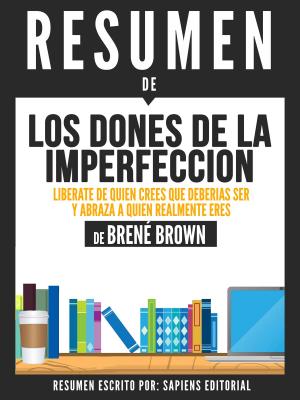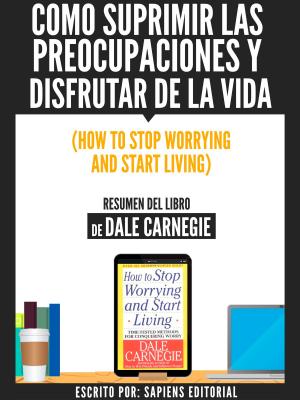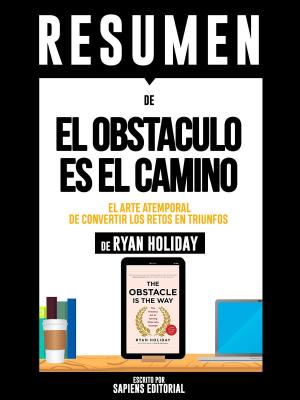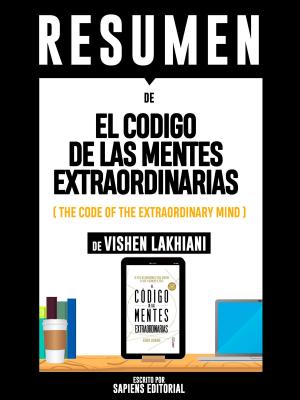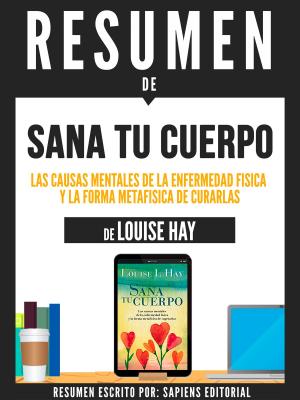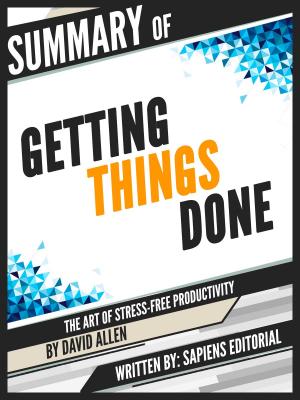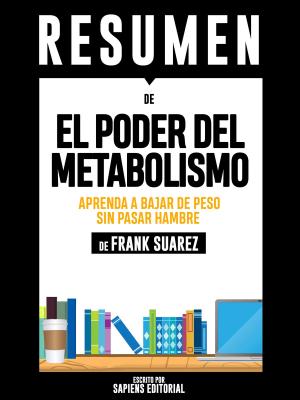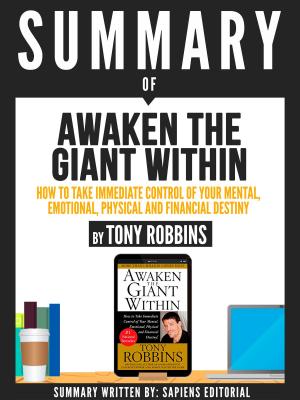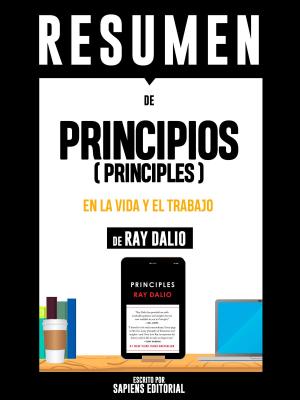Extended Summary Of Enlightenment Now: The Case for Reason, Science, Humanism and Progress - By Steven Pinker
Nonfiction, Health & Well Being, Self Help, Self Improvement, Success| Author: | Sapiens Editorial, Sapiens Editorial | ISBN: | 9783966611121 |
| Publisher: | Sapiens Editorial | Publication: | June 2, 2019 |
| Imprint: | Language: | English |
| Author: | Sapiens Editorial, Sapiens Editorial |
| ISBN: | 9783966611121 |
| Publisher: | Sapiens Editorial |
| Publication: | June 2, 2019 |
| Imprint: | |
| Language: | English |
INTRODUCTIONThere are plenty of reasons to be optimistic about the human race: since the 18th century, when the era of reason began, humanity has managed to reduce illness, poverty and violence, even though these regrettable elements still exist today. However, even if they have not yet been completely eradicated, it is undeniable that we live in a world where superstitious, warlike and racist thinking is criticized by the majority. The key to obtaining this optimistic perspective is to put the history of humanity in context, and to be aware of the objective progress that has been achieved. The goal of this book is to defend the ideas that support the modern era and whose intention is, in truth, to continue fighting to build a better world. Steven Pinker presents us with a refreshing and hopeful prose, above all because his arguments are based on real data and statistics that start from The Enlightenment as a watershed between a dark humanity and another governed by reason. Progress is constituted by three fundamental steps: reason, science and humanism. Pinker motivates us to continue rising them, as indeed it has been done since the 18th century. This has led to progress that has not been done by a few but has become massive for most people in all aspects of life. However, it does not mean that we are out of danger, because we are still attacking reason, science and humanism for the benefit of the few, so it is necessary to prepare ourselves to defend them. If there are days when you get discouraged by seeing all the bad news around the world, which makes you believe that humanity is going from bad to worse, this is the time to change your perspective through historical analysis. Thus, you will realize that you are living in the best moment in centuries and you will be able to appreciate the hope and happiness that surround you. This book will help you understand how life expectancy has improved from the past, how conditions have improved for many people and why we should not fear new technology, which is our ally.ABOUT STEVEN PINKER: THE AUTHOR OF THE ORIGINAL BOOKSteven Pinker is a doctor specializing in research in the field of cognitive linguistics. He is a professor of psychology and cognitive sciences at Harvard University, although in recent years he has distinguished himself as a relevant public figure of scientific dissemination. He has been a two-time finalist for the Pulitzer Prize and has won many other awards thanks to his research work and publications.He is considered one of the hundred most influential people in the world, as well as one of the most important thinkers about politics. He is part of the use panel of the American Heritage Dictionary and frequently collaborates in publications for the New York Times and The Atlantic. He is the author of other interesting books: The Language Instinct, How The Mind Works, Blank Slate And The Better Angels Of Our Nature.
INTRODUCTIONThere are plenty of reasons to be optimistic about the human race: since the 18th century, when the era of reason began, humanity has managed to reduce illness, poverty and violence, even though these regrettable elements still exist today. However, even if they have not yet been completely eradicated, it is undeniable that we live in a world where superstitious, warlike and racist thinking is criticized by the majority. The key to obtaining this optimistic perspective is to put the history of humanity in context, and to be aware of the objective progress that has been achieved. The goal of this book is to defend the ideas that support the modern era and whose intention is, in truth, to continue fighting to build a better world. Steven Pinker presents us with a refreshing and hopeful prose, above all because his arguments are based on real data and statistics that start from The Enlightenment as a watershed between a dark humanity and another governed by reason. Progress is constituted by three fundamental steps: reason, science and humanism. Pinker motivates us to continue rising them, as indeed it has been done since the 18th century. This has led to progress that has not been done by a few but has become massive for most people in all aspects of life. However, it does not mean that we are out of danger, because we are still attacking reason, science and humanism for the benefit of the few, so it is necessary to prepare ourselves to defend them. If there are days when you get discouraged by seeing all the bad news around the world, which makes you believe that humanity is going from bad to worse, this is the time to change your perspective through historical analysis. Thus, you will realize that you are living in the best moment in centuries and you will be able to appreciate the hope and happiness that surround you. This book will help you understand how life expectancy has improved from the past, how conditions have improved for many people and why we should not fear new technology, which is our ally.ABOUT STEVEN PINKER: THE AUTHOR OF THE ORIGINAL BOOKSteven Pinker is a doctor specializing in research in the field of cognitive linguistics. He is a professor of psychology and cognitive sciences at Harvard University, although in recent years he has distinguished himself as a relevant public figure of scientific dissemination. He has been a two-time finalist for the Pulitzer Prize and has won many other awards thanks to his research work and publications.He is considered one of the hundred most influential people in the world, as well as one of the most important thinkers about politics. He is part of the use panel of the American Heritage Dictionary and frequently collaborates in publications for the New York Times and The Atlantic. He is the author of other interesting books: The Language Instinct, How The Mind Works, Blank Slate And The Better Angels Of Our Nature.

